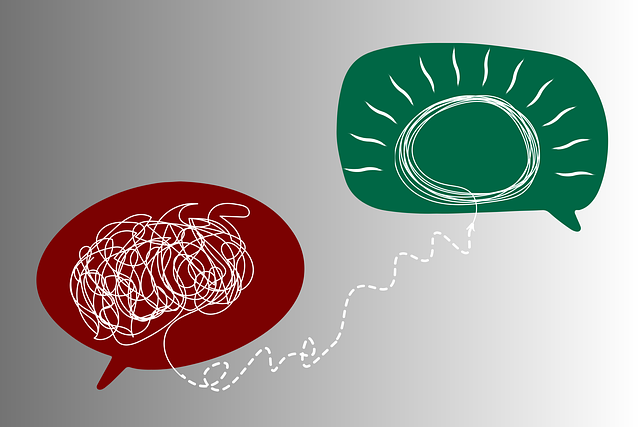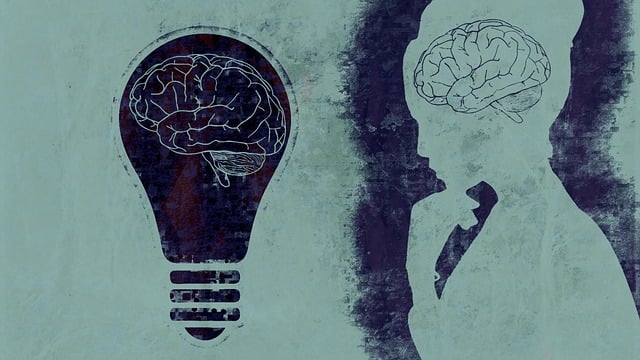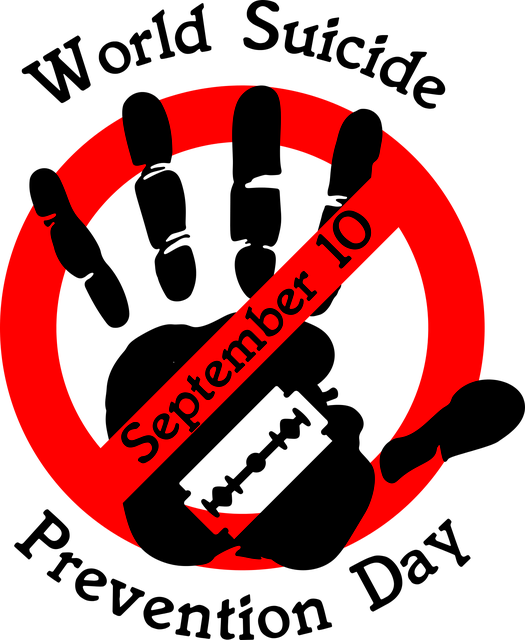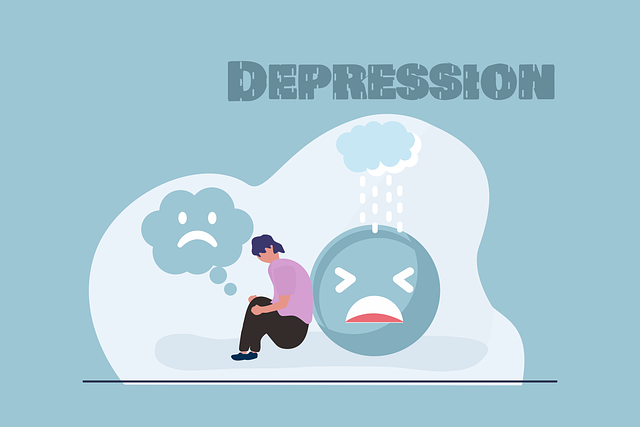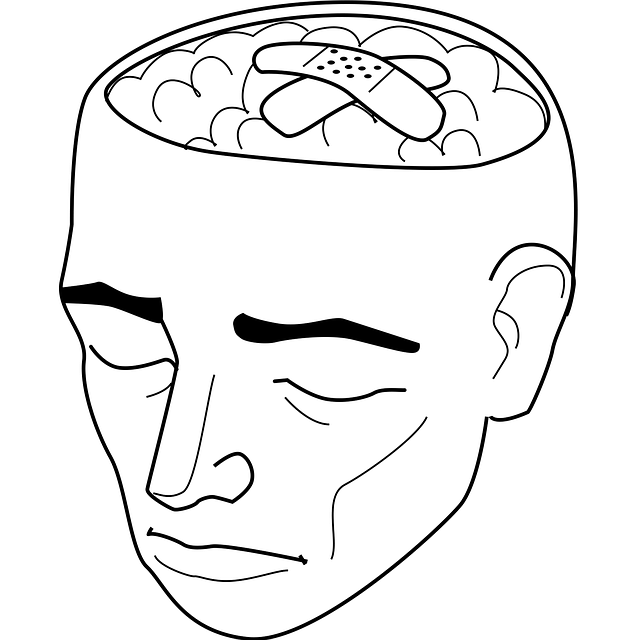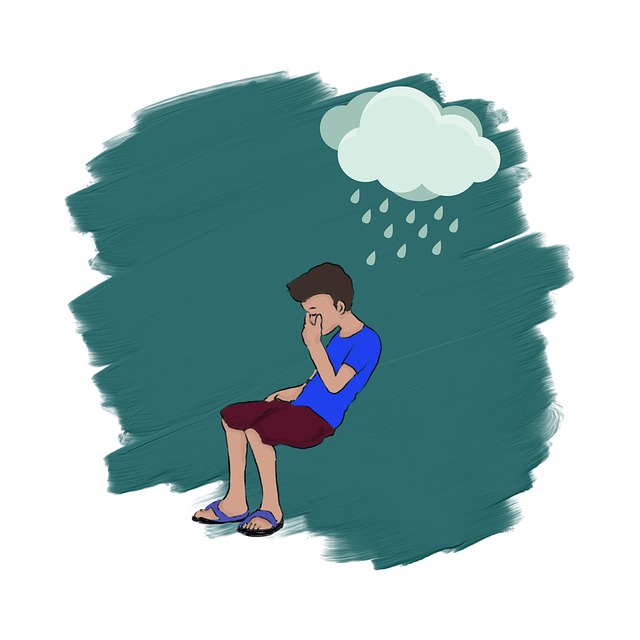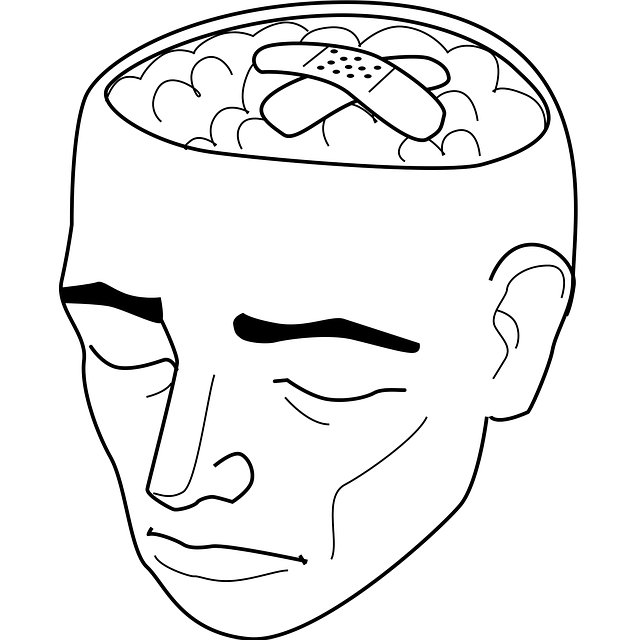Colorado Springs' diverse population presents unique challenges for mental wellness outreach, requiring tailored services. Organizations like Colorado Springs Hebrew Speaking Therapy bridge cultural gaps through specialized programs, addressing professional burnout and mental health interests. Their initiatives, blending Mind Over Matter with engaging activities, foster community connection and well-being by offering Hebrew-speaking therapy, workshops, and support groups. Strategic planning, including detailed implementation, local partnerships, and feedback evaluation, ensures these programs resonate with diverse residents, fostering a sense of belonging and positive change. Impact measurement goes beyond attendance, focusing on improved social skills, mental health access, and community awareness to enhance overall well-being.
In Colorado Springs, community outreach programs play a pivotal role in fostering inclusivity and addressing diverse needs. This article explores strategic initiatives aimed at enhancing services for the local Hebrew-speaking population. We delve into understanding community gaps, building cultural bridges, and designing effective outreach strategies tailored to this unique demographic.
Through a step-by-step guide and by evaluating impact, we aim to illuminate successful implementation of Colorado Springs Hebrew Speaking Therapy programs, ensuring accessibility and positive outcomes.
- Understanding Community Needs: Identifying Gaps in Colorado Springs
- Building Cultural Bridges: Engaging the Hebrew-Speaking Population
- Program Design: Creating Effective Outreach Strategies
- Implementation and Logistics: Step-by-Step Guide for Success
- Measuring Impact: Evaluating the Effectiveness of Hebrew Speaking Therapy Outreach
Understanding Community Needs: Identifying Gaps in Colorado Springs

In Colorado Springs, understanding the community’s diverse needs is paramount when implementing any outreach program, especially those focusing on mental wellness and unique cultural aspects like Hebrew-speaking therapy. The city’s vibrant tapestry includes a mix of long-standing residents and newcomers from various ethnic backgrounds, each with distinct challenges and support requirements. By identifying gaps in current services, organizations can tailor their community outreach programs to address these diverse needs effectively. For instance, the high rate of burnout among professionals and the growing interest in mental wellness highlight areas where targeted interventions could make a significant impact.
Community outreach initiatives should aim to bridge these gaps by offering tailored support, such as specialized Hebrew-speaking therapy sessions, stress management workshops, or even a Mental Wellness Podcast Series Production aimed at addressing cultural and linguistic barriers. Effective implementation involves listening to the community’s concerns and collaborating with local organizations to ensure programs resonate with Colorado Springs residents. This inclusive approach fosters a sense of belonging and enhances overall mental wellness within the community.
Building Cultural Bridges: Engaging the Hebrew-Speaking Population

In Colorado Springs, connecting with the Hebrew-speaking community requires a nuanced approach, respecting cultural differences while fostering meaningful interactions. Community outreach programs can serve as powerful tools to bridge gaps and build understanding. By offering services tailored to the unique needs of this population, such as Hebrew-speaking therapy, organizations can enhance social cohesion and promote emotional well-being. This involves not just translating words but also adapting communication strategies to ensure effective dialogue.
Engaging the Hebrew-speaking community requires a focus on cultural sensitivity and inclusive practices. Through targeted initiatives, organizations can boost confidence among individuals who may face language barriers or struggle with emotional intelligence due to cultural differences. By embracing these challenges, Colorado Springs Hebrew Speaking Therapy can create a supportive environment that empowers individuals to thrive, fostering stronger connections within the community.
Program Design: Creating Effective Outreach Strategies

Effective community outreach programs require thoughtful design to resonate with diverse populations. At Colorado Springs Hebrew Speaking Therapy, we understand that each community has unique needs and cultural nuances that must be considered when developing initiatives. Our approach blends Mind Over Matter Principles with engaging activities to foster Coping Skills Development and Confidence Boosting.
By collaborating closely with local organizations and leaders, we tailor our outreach strategies to address specific challenges while celebrating the richness of diverse backgrounds. This inclusive design ensures that programs are not only impactful but also culturally sensitive, fostering meaningful connections and positive change within the community.
Implementation and Logistics: Step-by-Step Guide for Success

Implementing a community outreach program requires careful planning and strategic logistics to ensure success. For organizations like Colorado Springs Hebrew Speaking Therapy, aiming to offer services such as Inner Strength Development, Trauma Support Services, and Confidence Boosting, a structured approach is key. Begin by identifying the target community, understanding their specific needs and cultural considerations. Once defined, tailor your program to address these needs, whether it’s through workshops, therapy sessions, or support groups.
The next step involves creating a detailed plan for implementation. This includes setting realistic goals, allocating resources effectively, and establishing partnerships with local organizations and volunteers. Ensure smooth operations by considering logistics like venue arrangements, transportation, and promotional activities to attract participants. Regular evaluation and feedback collection are crucial for continuous improvement, allowing you to adapt your program and better serve the community.
Measuring Impact: Evaluating the Effectiveness of Hebrew Speaking Therapy Outreach

Measuring the impact of community outreach programs is vital to understanding their effectiveness and ensuring they meet the needs of the targeted population. For Colorado Springs Hebrew Speaking Therapy initiatives, evaluating success goes beyond simple attendance or satisfaction surveys. It involves assessing tangible improvements in participants’ lives, such as enhanced social skills, increased access to mental health resources, and foster public awareness campaigns development about specific issues within the Jewish community.
By implementing various assessment tools, including pre-and post-program questionnaires, interviews, and focus groups, organizers can gain valuable insights. These methods help track improvements in areas like self-care practices, coping mechanisms, and overall well-being. For instance, a program focused on providing therapy sessions for Hebrew speakers might measure its impact by gauging the reduction in anxiety levels, improved communication, and enhanced social integration among participants. Such data not only highlights successful outcomes but also guides future programs to further refine their strategies and cater to the unique needs of the community.
Implementing community outreach programs, such as those focusing on Colorado Springs Hebrew Speaking Therapy, is a multifaceted process. By understanding local needs, building cultural bridges, and designing effective strategies, organizations can successfully reach and assist diverse populations. The step-by-step guide provided offers a roadmap for success, while evaluating impact ensures continuous improvement. This holistic approach not only strengthens community connections but also enhances the availability of essential services like Hebrew speaking therapy in Colorado Springs.

